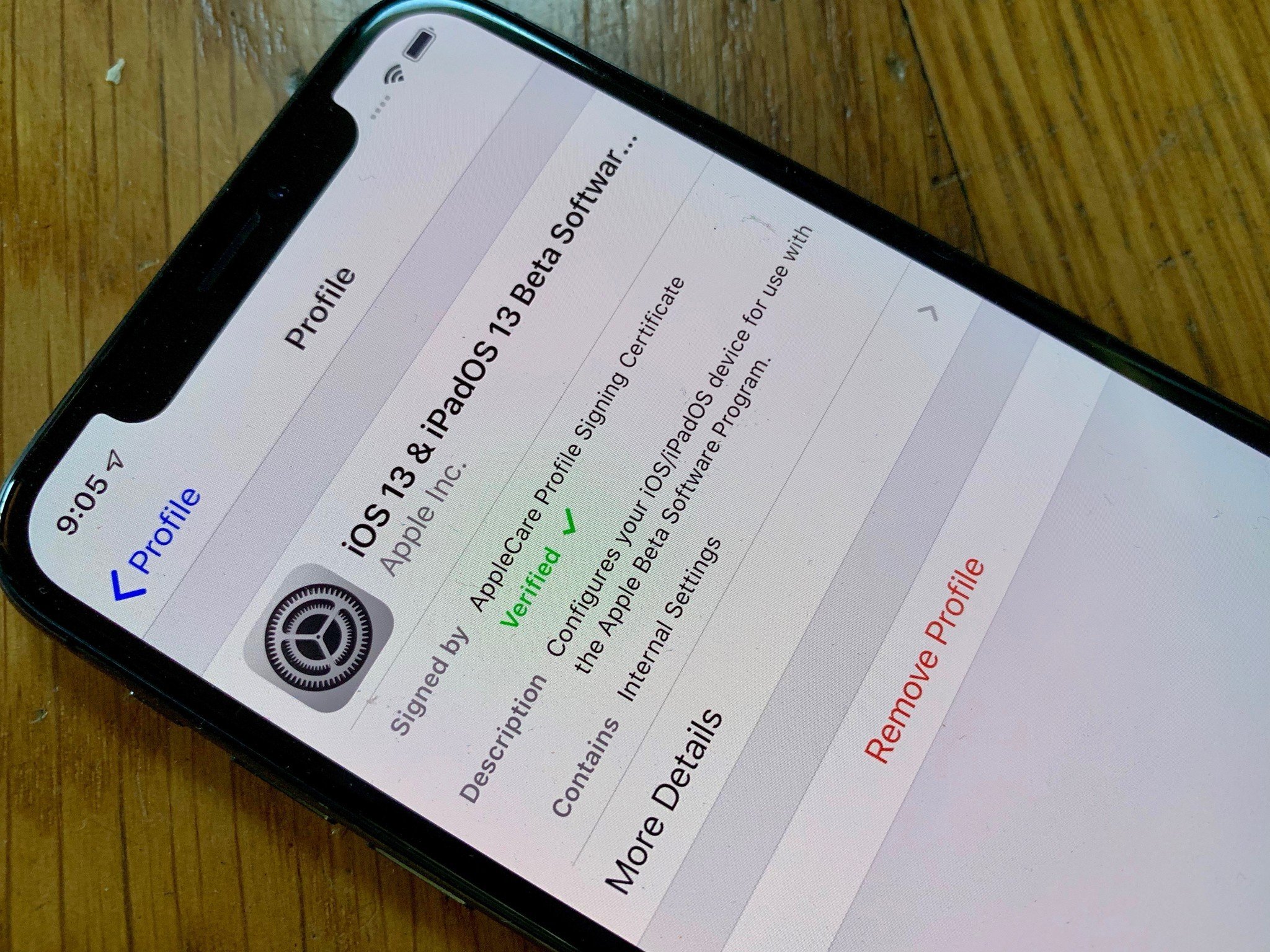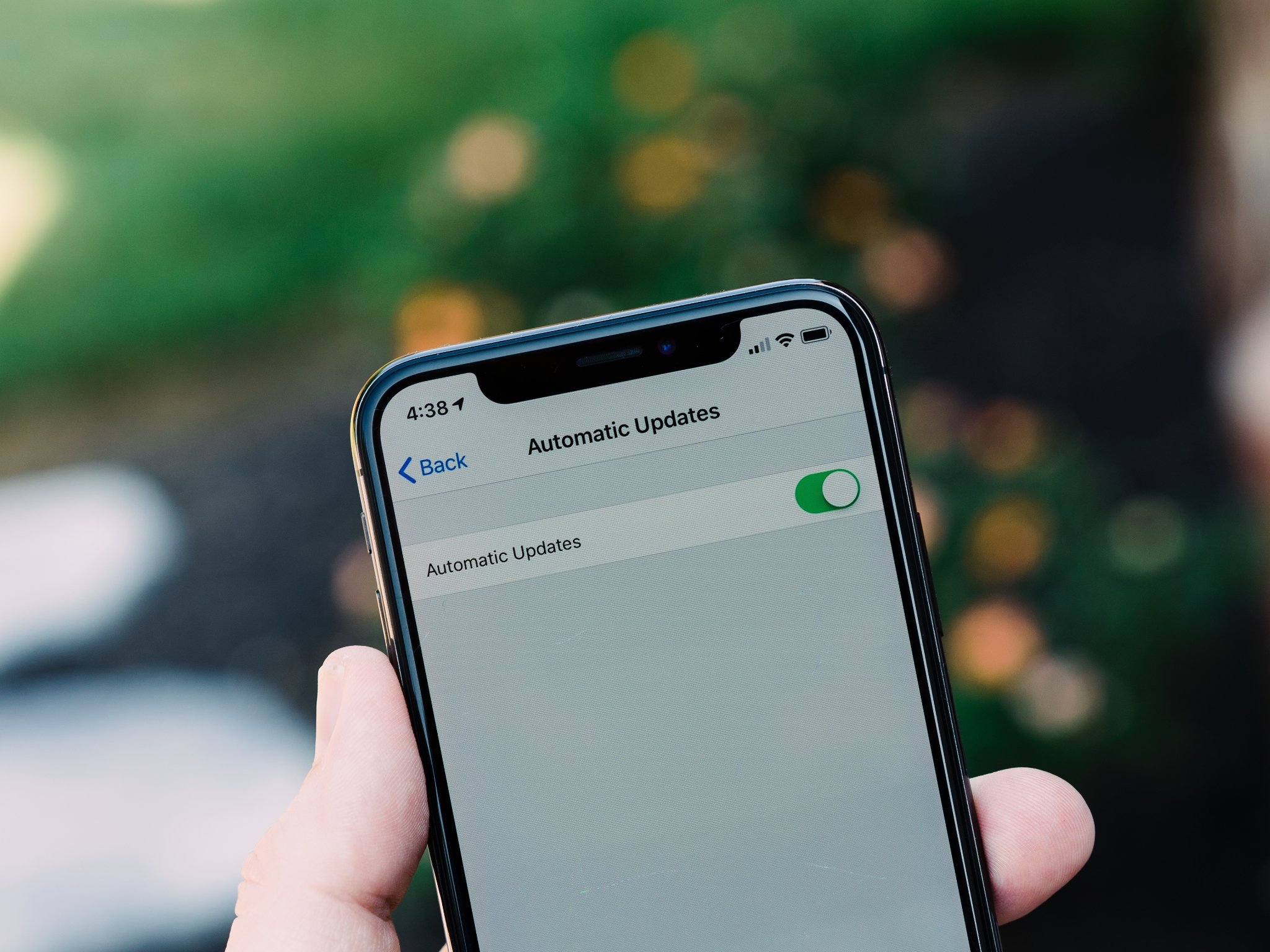The risks of jailbreaking your iPhone outweigh any benefits

iMore offers spot-on advice and guidance from our team of experts, with decades of Apple device experience to lean on. Learn more with iMore!
You are now subscribed
Your newsletter sign-up was successful
People have criticized Apple software — iOS specifically — for being too rigid, too limited, and non-customizable since Android became a prominent competitor years ago. Apple's "walled garden" approach to its software has always been in stark contrast to the plethora of options Android OS gives you for customization. Naturally, this led to jailbreaking, which has a very vibrant community of people dedicated to breaking iOS open so you can customize your iPhone in a multitude of ways Apple won't let you just with stock iOS.
While I think Jailbreaking is neat, I don't think it's necessary. The risk of jailbreaking your iPhone far outweigh any rewards, especially with how good iOS has gotten at playing with 3rd-party apps and service over the last few years.
Jailbreaking used to have its place
I admit that jailbreaking is kind of cool, and years ago, it was way more practical in some ways. My first iPhone was the iPhone 4, which didn't even have Notification Center when it launched — let that sink in. Plus, when Notification Center did launch with iOS 5, notifications from the same apps wouldn't be grouped, meaning your notification center was just a giant list of every notification your iPhone got. Quite frankly, it was a mess, but iOS has come a long way since then.
Jailbreaking used to make the iPhone experience more pleasurable, but as Apple refined its software, the need for jailbreaking just went away.
The unintended consequences of jailbreaking
Don't get me wrong, I like getting my hands dirty with tech as much as the next person, but jailbreaking your iPhone can have some serious unintended consequences.
First of all, it voids any warranty you may have, even if what you want fixed has nothing to do with software. Expecting AppleCare+ to give you a massive discount to fix your broken screen? Too bad, your jailbroken iPhone isn't covered.
Secondly, you're giving up Apple's dedication to security when you jailbreak your iPhone. Side loaded apps that aren't checked and screened through Apple's App Store present a huge security risk. Plus, when you jailbreak your iPhone, you usually stop getting iOS updates, including security updates that Apple puts out, leaving you even more vulnerable.
iMore offers spot-on advice and guidance from our team of experts, with decades of Apple device experience to lean on. Learn more with iMore!
Lastly, jailbreaking takes time and has to be done to each version of iOS that Apple pushes, meaning you can't update your jailbroken iPhone until the most recent update has been jailbroken. While the iOS 13.5 update got jailbroken in record time, that's not always the case. You could be waiting for months for an update, and while it is possible to un-jailbreak your iPhone, there's no guarantee something won't go wrong during the process.
Give Apple feedback for the changes you want to see
I can sympathize with the frustration that iOS can bring, especially when you're an iOS developer that wants to see Apple implement certain features of quality of life changes, and they just don't come down the pipeline. Ultimately, the choice to jailbreak your iPhone is up to you, but consider taking a different approach.
If you want to give Apple feedback, consider during so through their beta program. You can give feedback on bugs and glitches, but also give suggestions for features and interactions you'd like to see. I understand it's a slow process, but if Apple doesn't hear from the community, how can you expect them to solve the issue.

Luke Filipowicz has been a writer at iMore, covering Apple for nearly a decade now. He writes a lot about Apple Watch and iPad but covers the iPhone and Mac as well. He often describes himself as an "Apple user on a budget" and firmly believes that great technology can be affordable if you know where to look. Luke also heads up the iMore Show — a weekly podcast focusing on Apple news, rumors, and products but likes to have some fun along the way.
Luke knows he spends more time on Twitter than he probably should, so feel free to follow him or give him a shout on social media @LukeFilipowicz.

